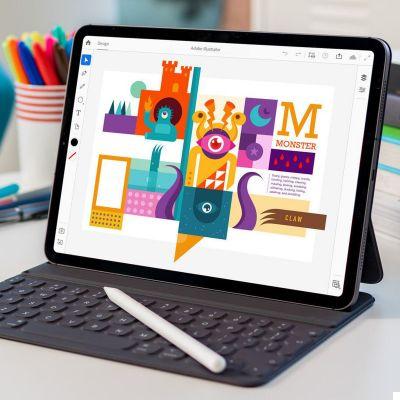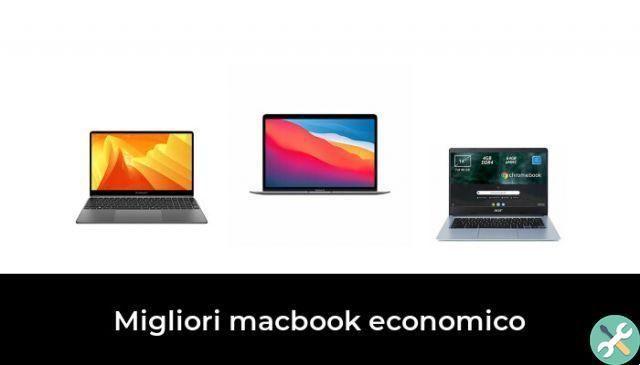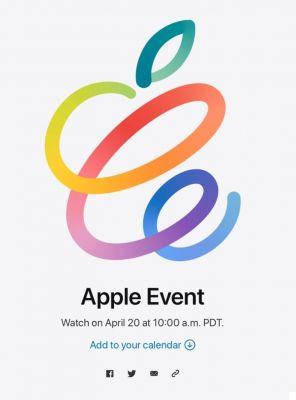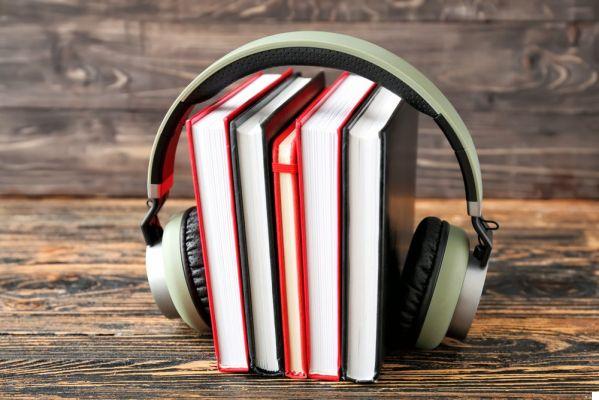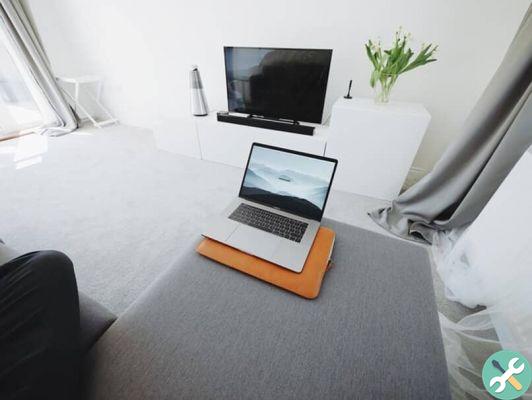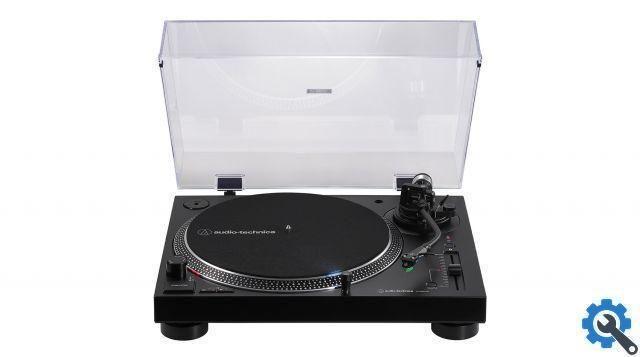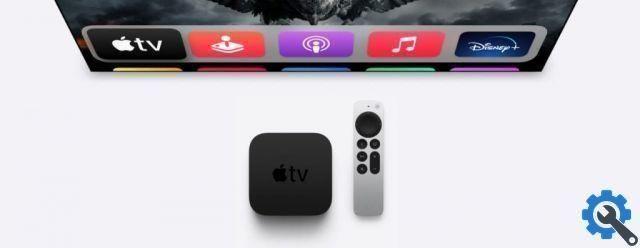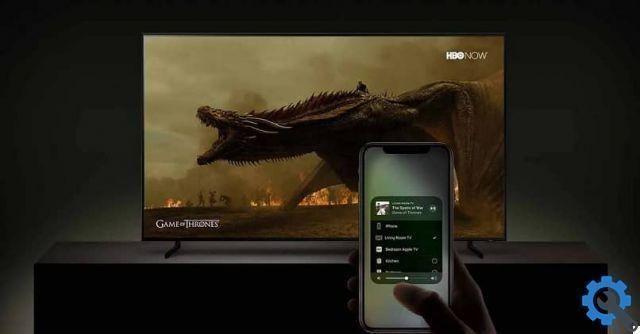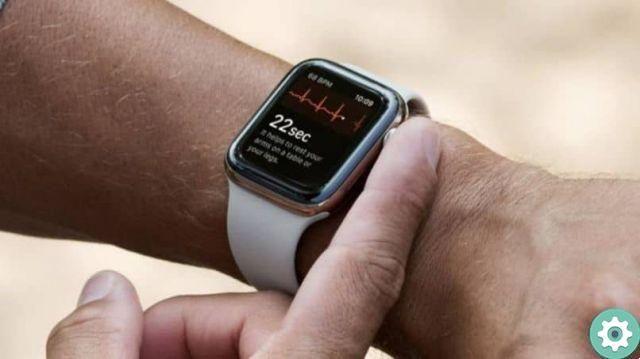In an article titled "MPs call for a full reinstatement of streaming music royalties to ensure a fair salary for artists", the BBC tells of the initiative to regulate payments and that the benefits do not stay on the road, leaving artists with the pennies while the "intermediaries" (intermediaries) keep most of the cake.
Olé for those MPs.
MPs are calling for a 'complete reset' of the market, with musicians receiving a 'fair share' of the £ 736,5m UK record labels earn from streaming.
In their report they assure that royalties should be split 50/50, instead of the current rate, where artists receive around 16%. It is the result of a six-month investigation into the music streaming industry.
"While streaming has brought significant gains to the recorded music industry, the talent behind it - artists, songwriters and songwriters - is losing out," said Julian Knight, MP, who chairs the Digital, Cultural, Media and Sport committee. (DCMS) of parliament.
"Only a complete restoration of broadcasting that establishes the rights of musicians and songwriters to a fair share of the proceeds provided for by law."
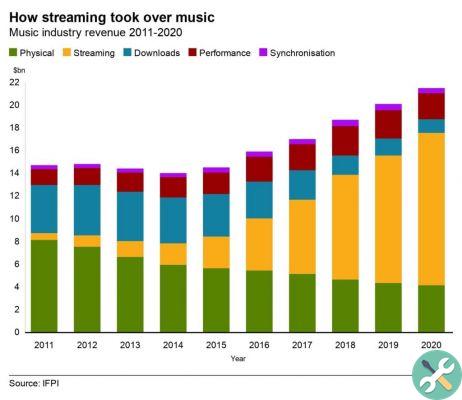
Musician Tom Gray, whose #BrokenRecord campaign spurred the investigation, said he was "pleased" with the results.
"It looks like a general claim," he said. "They really came to the same conclusions that we have held in this period."
The BRI, which represents the UK's recorded music industry, has been more cautious.
He said streaming "enables more artists than ever" to earn "long-term sustainable income" and that new policies should be properly scrutinized to ensure "unintended consequences for investing in new talent."
How are artists paid right now?
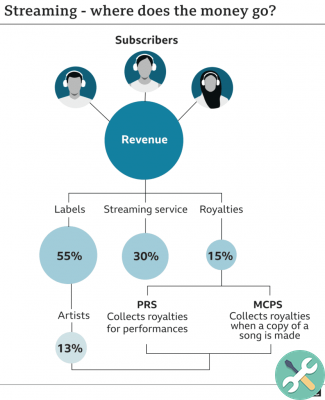
Currently, Spotify is believed to pay between £ 0,002 and £ 0,0038 per stream, while Apple Music pays around £ 0,0059. YouTube pays the least - around £ 0.00052 (or 0,05p) per stream.
All that money goes to the rights holders, an umbrella term that encompasses everything from major record companies to artists who release their own music. That money is split between everyone involved in the registration.
Often, the recording artist will only receive about 13% of the proceeds, while the labels and publishers will take the rest.
What did the parliamentarians recommend?
The committee's report says streaming has "certainly helped save the music industry" after decades of piracy, "but it's clear what was saved doesn't work for everyone."
They recommended that the government pass a law to give artists the right to "fair remuneration," under which labels and artists receive an equal share of the streaming rights.
The report called it a 'simple but effective solution' as the law already exists in UK law when songs are broadcast on radio and television.
The parliamentarians also expressed "deep concern" about the dominance of the major music companies, urging the government to refer the case to the Competition and Market Authority.
Other recommendations included:
- Musicians and composers should be allowed to claim the rights to their work from the labels after a set period of time.
- Artists should have the right to change their contract if their work is successful beyond the salary they have received.
- The government should explore ways to ensure that songwriters, who receive minimal streaming royalties, can have sustainable careers.
- Curators who create playlists on services like Spotify and Apple Music must adhere to a "code of conduct" to avoid corruption and favoritism.
- The government should require publishers and royalty companies to inform artists about how much money is flowing through the system.
- Warner and Universal Music must follow Sony's lead and pay off their artists' historic debts.
The committee also expressed concern that "the streaming economy is strengthening historically successful artists and creating barriers for new artists," with perennial hits from Abba, Queen and Fleetwood Mac depriving emerging musicians of opportunity.
Data released yesterday showed that new music only accounted for 33% of music streamed in the United States this year, with older songs dominating people's listening choices.
The streaming services themselves have largely escaped criticism, but MPs have said that il domain on YouTube is cause for concern, citing data that accounts for 51% of music streaming and contributes 7% of the revenue of YouTube.
They warned that the ability for users to upload music to YouTube without licensing it from record labels gave them an "unfair advantage"; and urged the government to introduce "legally enforceable obligations to standardize licensing agreements" on sites hosting user-generated videos, such as YouTube, TikTok and Facebook.




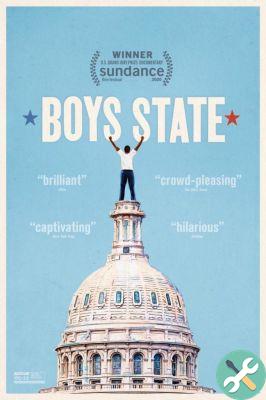
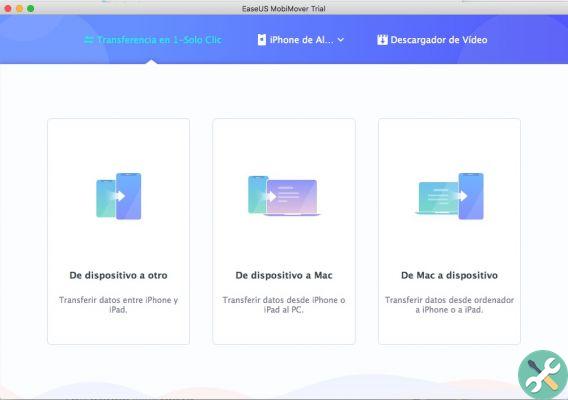
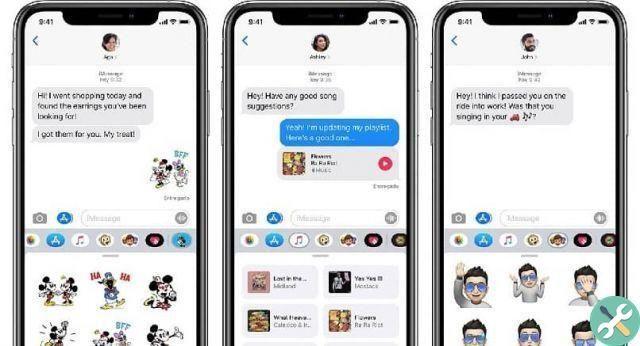

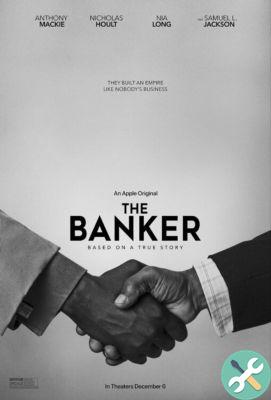

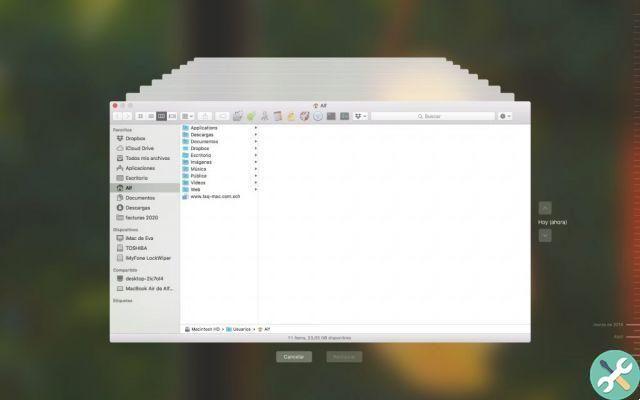
![Google also wants your Apple News [Updated] [2]](/images/posts/943dc0d8f28fcc4bc16fa30ed6d71f6a-0.jpg)
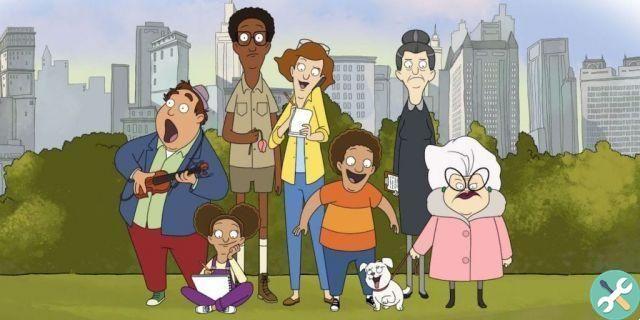
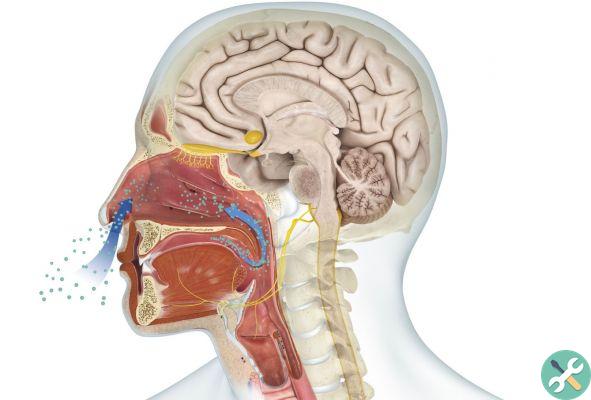
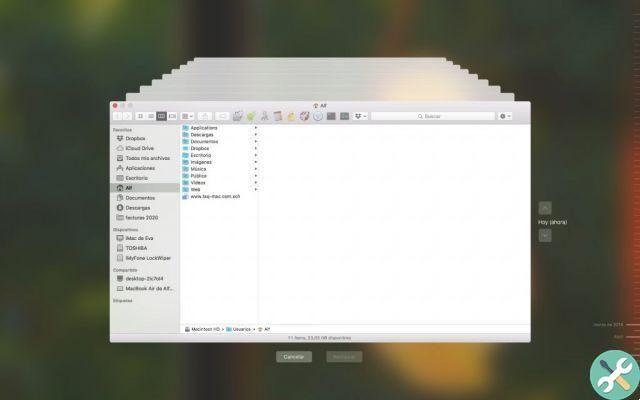
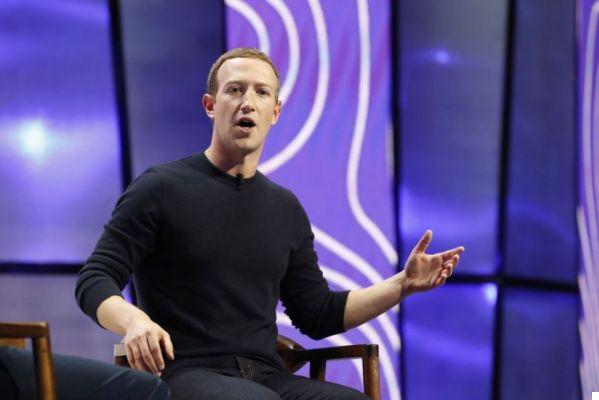
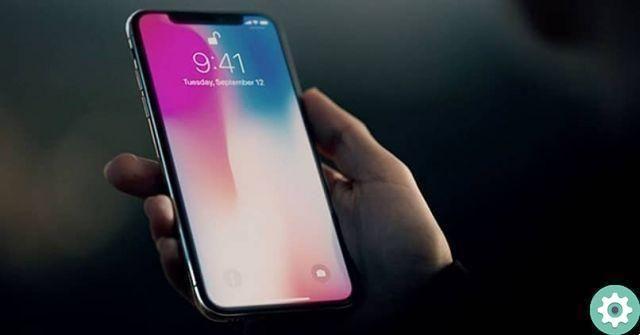
![Apple Vice Presidents Talk About Development of M1 for Mac [Updated]](/images/posts/c6254b668e5b3884d6b6338ccb8a02ff-0.jpg)
